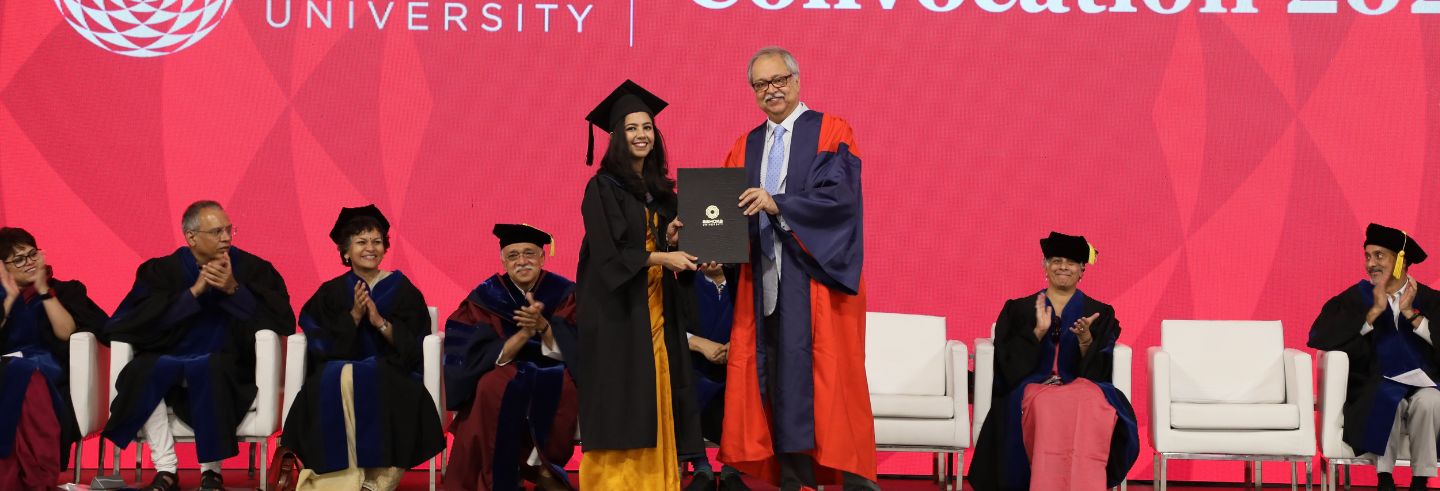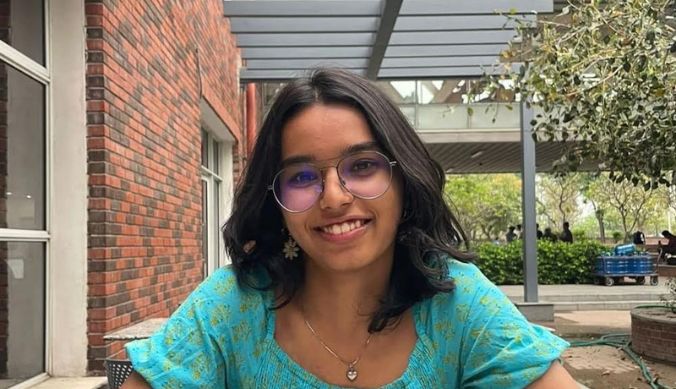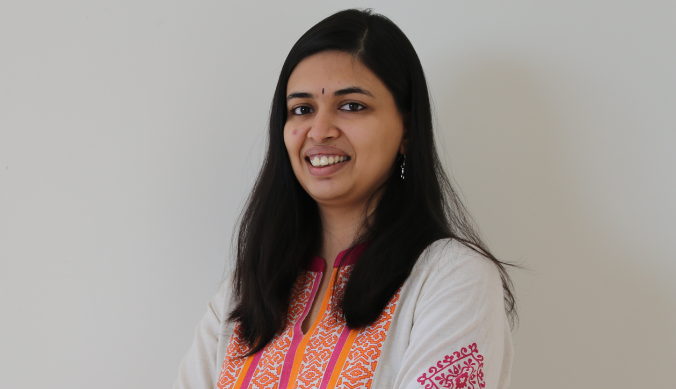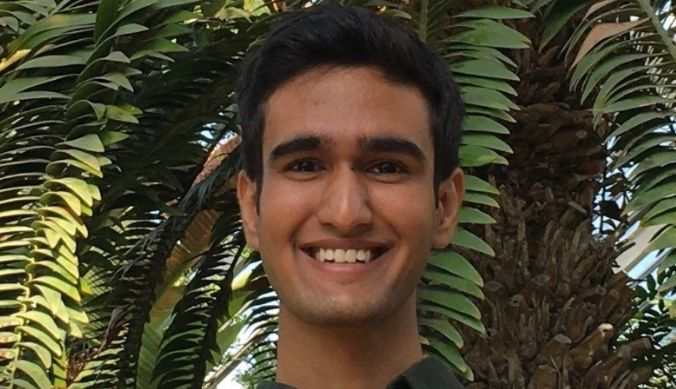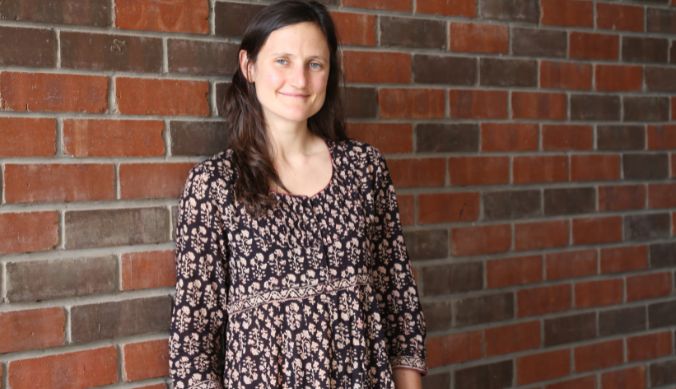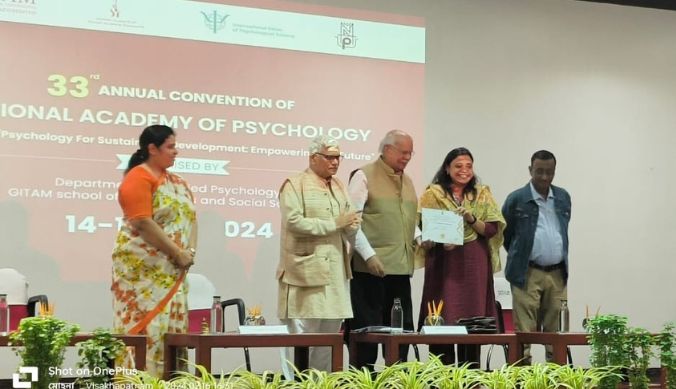Creating history: The first Ph.D. graduate of Ashoka University
Ashoka University is proud to announce that its first Ph.D. graduate Raghvi Garg will be graduating on 26th May 2023 at the Convocation 2023 ceremony.
Ashoka University is proud to celebrate a historic milestone as we congratulate Raghvi Garg, the first-ever Ph.D. graduate from our esteemed institution. Under the guidance of her advisor, Abhinash Borah, Raghvi has embarked on a transformative journey in the Department of Economics, where she explores the intricate dynamics of individual decision-making. With a keen interest in choice theory, decision theory, and behavioral economics, Raghvi’s research delves into the complexities of human behavior within social contexts. Her work not only sheds light on the theoretical foundations of decision-making but also examines its practical implications, including its impact on issues such as discrimination, gender, polarization, and conflict. Through her pioneering research, Raghvi seeks to unravel the role of behavioral biases in perpetuating regressive social phenomena, aiming to foster a deeper understanding of these pressing issues.
As we embark on Raghvi’s remarkable Ashokan journey, her own reflections encapsulate a narrative of growth, determination, and intellectual exploration.
“In my dissertation, titled “Normative constraints and behavior”, I explore how norms constrain individual behavior and influence aggregate outcomes in the presence of interaction. These norms could be internally determined moral standards or externally stipulated social standards to which they feel the need to conform. I am deeply indebted to my advisor, Professor Abhinash Borah, for his support and encouragement during these years. He inspired me to pursue Ph.D. and believed in me, before and more than anyone else. His relentlessness, drive for perfection and foresight continues to shape me into a better version of myself.
I had known Professor Borah since my Master’s days, and it was his field of work that had a direct bearing on my interest in pursuing a Ph.D. thereafter. Professor Bhaskar Dutta headed the Economics Department when I had to decide on joining Ashoka and interacting with him at that stage helped me gain clarity. Both Professor Dutta’s and Borah’s presence in Ashoka was a certain reassurance.
Ashoka also had a very strong pool of faculty members, and I was particularly looking forward to exploring different areas of research. Given the alignment of my area of interest, I felt very confident and motivated towards the pursuit. For me, the decision was about following my heart, even if that meant going against the conventions.
It was also Ashoka’s Visitors Programme that stood out for me. Some of the leading researchers from across the globe visited Ashoka to conduct workshops over three to four days which offered me an opportunity to discuss my work with them. Professor Yoram Halevy visited Ashoka during my first year of PhD and my interaction with him has had a significant influence on my work. Recently, I had the opportunity to discuss my work in great detail with Professor Sanjeev Goyal, who visited Ashoka for the programme. Ashoka’s Visitors Programme provides immense learning opportunities for young researchers and is instrumental in their growth as intellectuals.
Having no cohort of fellow researchers is a big drawback for any Ph.D. student. However, Ashoka enabled an environment for collaborative research among students who were enrolled in Masters’s and Undergraduate programmes. With the vision and support of my advisor, Professor Abhinash Borah, we were able to build a group of enthusiastic students who would pursue research in Decision Theory, an important yet neglected field of research in Economics in India.
Ashoka gave me the freedom to pursue research in an unimposing way, helping me build a strong foundation for the trailing batches.”
Abhinash Borah, Assistant Professor of Economics, at Ashoka University and Raghvi’s supervisor, says, “Raghvi has grown tremendously during her time at Ashoka and, as she graduates, is on the cusp of an exciting research career. I will forever be indebted to her for her leading role in the growth of my research group at Ashoka. Our research group’s core focus is Decision Theory. This field is a bedrock of modern economic theory. Still, it has historically not been at the forefront of research in India. Raghvi deserves great credit not only for the quality of her work but for her leadership in facilitating this research agenda to grow at Ashoka.
The impressive thing about Raghvi’s young research portfolio is its diversity and range. Her Ph.D. thesis looks at normatively constrained decision-making and uses this paradigm to study phenomena like self-control, social influence, and the effect of social norms on behaviour. At the same time, she has been working on applied theory questions as she believes in connecting theory with empirics. From an applied perspective, Raghvi is interested in questions of discrimination, polarization, and conflict. In the years to come, I expect her research to feature prominently in leading peer-reviewed journals in economics.”
Celebrating this milestone, Pramath Raj Sinha, Chairperson, Board of Trustees, Ashoka University says, “This is a historically momentous and a coming-of-age event in Ashoka’s journey to becoming India’s finest university. We want our Ph.D.’s to be the most sought-after academics and thought leaders out of an Indian institution globally. This is Ashoka’s direct contribution to nation-building in meeting the critical need of high-quality academics and researchers in India.”





